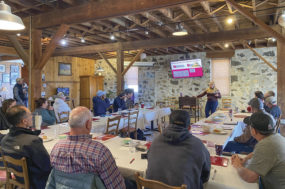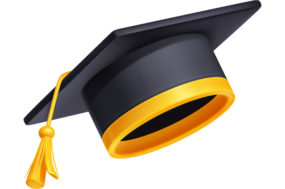Trent Van Leuven, agriscience instructor and FFA Advisor at Mackay Junior/Senior High School, was named 2024 CapEd Credit Union Idaho Teacher of the Year.
Van Leuven, who has taught at Mackay since 2014, strives to make lessons relevant outside school. One such project, which the Idaho Department of Education claimed as one of his greatest accomplishments, was the construction of a 1,400-square-foot state-of-the-art aquaculture lab that opened in October 2022.
Ag Proud – Idaho's Cassidy Woolsey caught up with Van Leuven to learn more about this year’s winner and the unique opportunities he provides his students.
Q. How does it feel to be named Idaho Teacher of the Year?
VAN LEUVEN: It is a great honor, but I also feel like it is a calling to advocate for students and education professionals and to tell the good news of what is happening in the state. I’ve had a lot of great experiences so far, hearing from other educators about challenges that exist and, most importantly, the great things happening in education. We are experiencing what I believe to be the golden age for career technical education (including agriculture education) in Idaho. I enjoy hearing about the great things teachers are doing.
Q. How did the idea for the aquaculture lab come about, and what inspired you to create this opportunity for your students?
VAN LEUVEN: The previous instructor, Mr. Roche, started a fish lab in the early '90s. There were great successes, but it is hard to run 15 tanks that occasionally drain to a small 3-inch drain in the middle of the floor.
We received a grant to start investigating how we could get a new lab built. I consulted with the local ag advisory committee on how to proceed. Mick Hoover, a retired fish culturist, had volunteered since the beginning and helped draft out the plans. We visited systems across the state. I visited fish farms in other states and outside of the country for ideas.
Thirty-four donors and grants later, and with construction by students and volunteers, we have a very unique lab that has some pioneering qualities that are of some interest to aquaculturists. In short, it was a labor of love by many that grasped the vision of preparing students for jobs that exist locally.
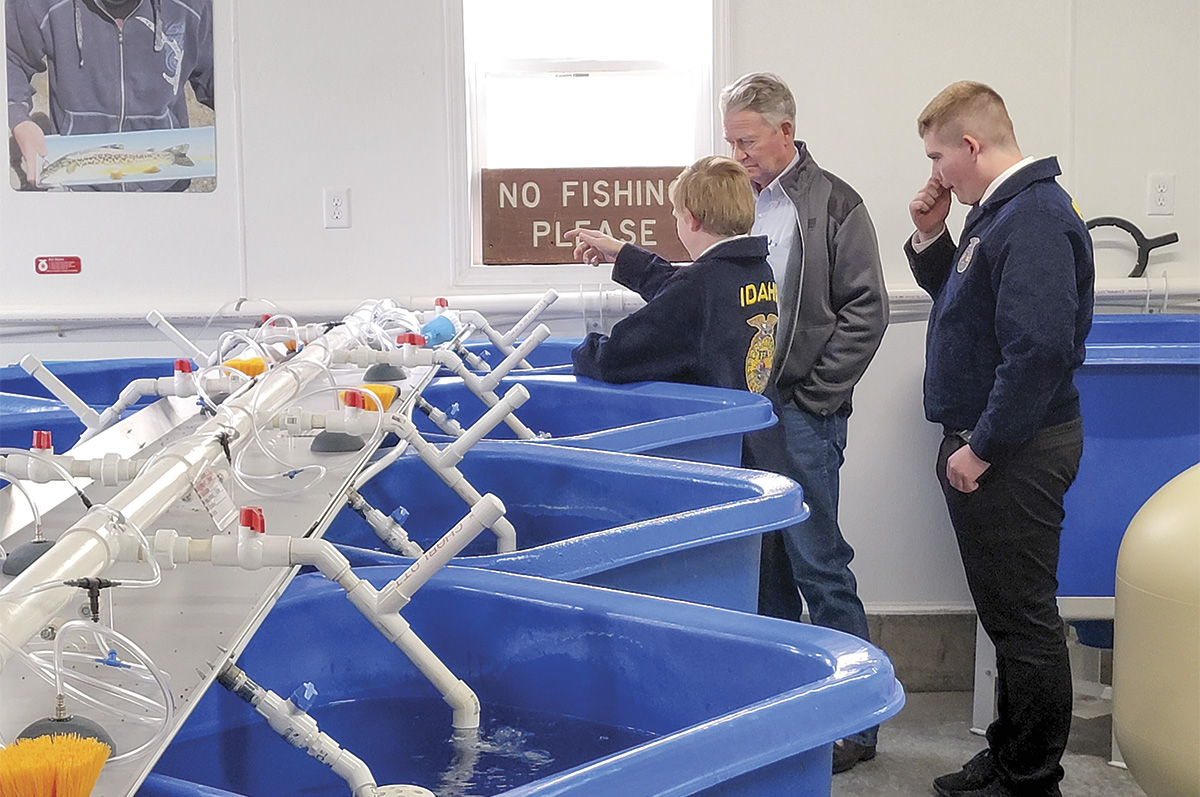
Students provide a tour of the aquaculture lab to Gov. Brad Little. Photo provided by Trent Van Leuven.
Q. How actively are students involved in the day-to-day operations of the aquaculture lab, and what kind of skills are they gaining through this experience?
VAN LEUVEN: The lab is pretty low-maintenance thanks to superb plumbing. Since its opening, we have yet to have a fish die-off KNOCK ON WOOD, and I wish that was the case in the past. Raising fish in a recirculation system creates many challenges. Students feed and care for fish. They also monitor a local creek with the U.S. Forest Service and Fish and Game and stock their own maintained fishery of California golden trout. I may be biased, but I believe it to be the best fishery in the state.
We just added 6,000 more fingerlings to the lab. Students will be busy making some additional screens so that we can spread them out across the 16 tanks as they grow. We are also adding a grow-out system for special projects.
Students gain real skills in plumbing and planning – as there is always something to improve upon or add. They learn about biosecurity, monitoring and practice the science and art of fish farming. But most importantly, students feel useful in the community as they release these fish. We do an annual pre-K and younger fish release in Kids Creek that runs through town. One should see these students coaching kids as they scoop fish out with small nets to improve their own little fishery.
Q. What other real-world opportunities do you provide your students?
VAN LEUVEN: Students in Mackay have a welding shop, a CNC plasma table, a laser engraver, a tractor, three greenhouses, some drones that we will be learning on and a plethora of other equipment. In addition, our FFA chapter is recognized as one of the top in the state for activity. Students work on community projects, and every student serves on a committee. One such project is the annual Christmas bazaar that boasts 54 vendors. Students painted the fire hydrants in town last year, and this year they have made markers to help emergency services find hydrants in the deep snow. Students also plan a cross-country trip annually to the national FFA convention. Eighth graders call over 100 hotels along the path to negotiate rates. We try to help students feel like an important part of the community and encourage them to be civically engaged.
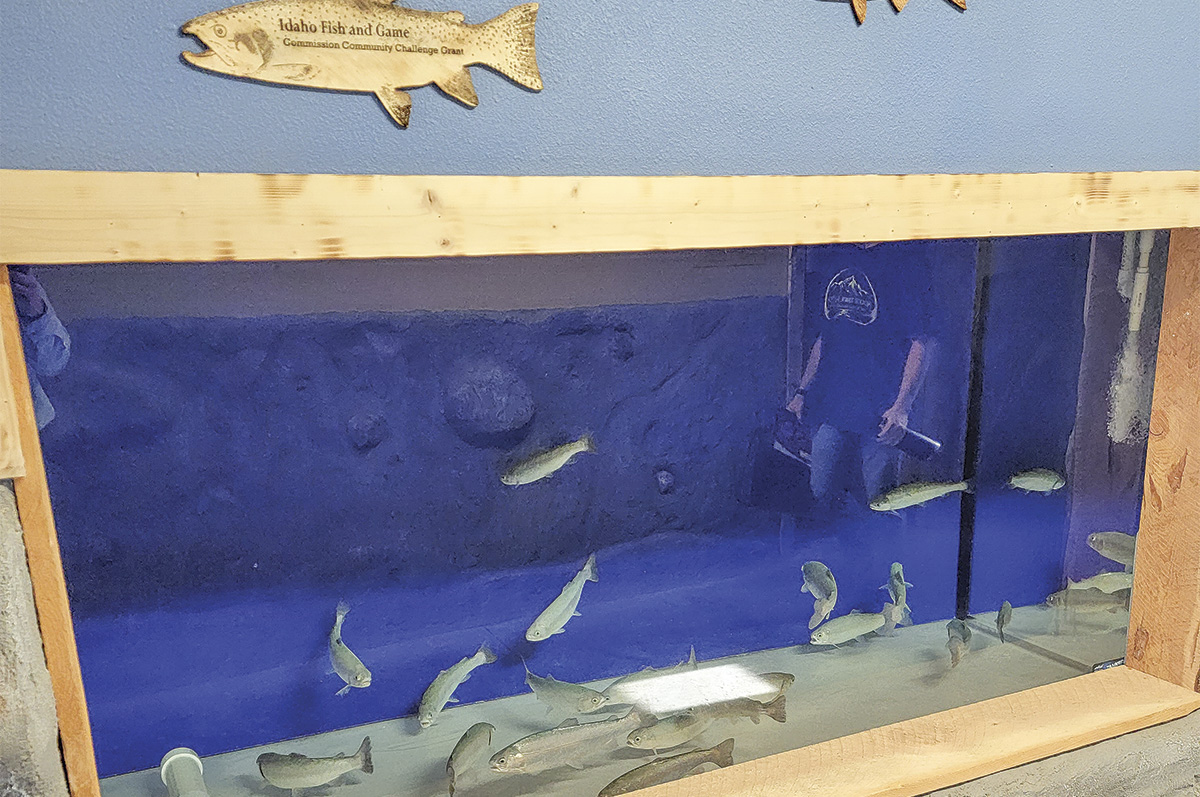
Pictured is a tank in the hallway of the fish lab. Photo provided by Trent Van Leuven.
Q. Could you share more about the process of acquiring funding and the community involvement in building these facilities?
VAN LEUVEN: Years ago, my Alpha Gamma Rho fraternity chapter sent me to a capital campaign school as we worked on acquiring a new fraternity house. That was probably the most important part of my education. With that and my studies in ag economics, I have figured out how to write grants and make projects work. The community is instrumental in guiding priorities. I have also found that picking up a phone and asking some questions of real experts has saved us a lot of time and money. I have learned that it is less work applying for five small grants than one large federal grant.
The fish lab was a huge undertaking and success with so many setbacks. I have little construction experience, and we had a team of retired tradesmen that advised and helped carry out the construction. What is incredible is that each setback helped us come up with a solution that, in turn, made the project better. How often do students have that kind of opportunity at that scale? When we encountered a setback, we weighed options, contacted experts in our community and across the country, and plowed through.
Q. Looking back on your career, what are some of the most fulfilling moments you've experienced as an agricultural educator?
VAN LEUVEN: The most fulfilling moments are seeing students find their passion and grow to their potential. I believe that I can't take much credit for their successes. I just appreciate the opportunity that I’ve had to support them and cheer them on. I love calling up former students when they become the experts and ask questions that pertain to what we are trying to accomplish in Mackay.
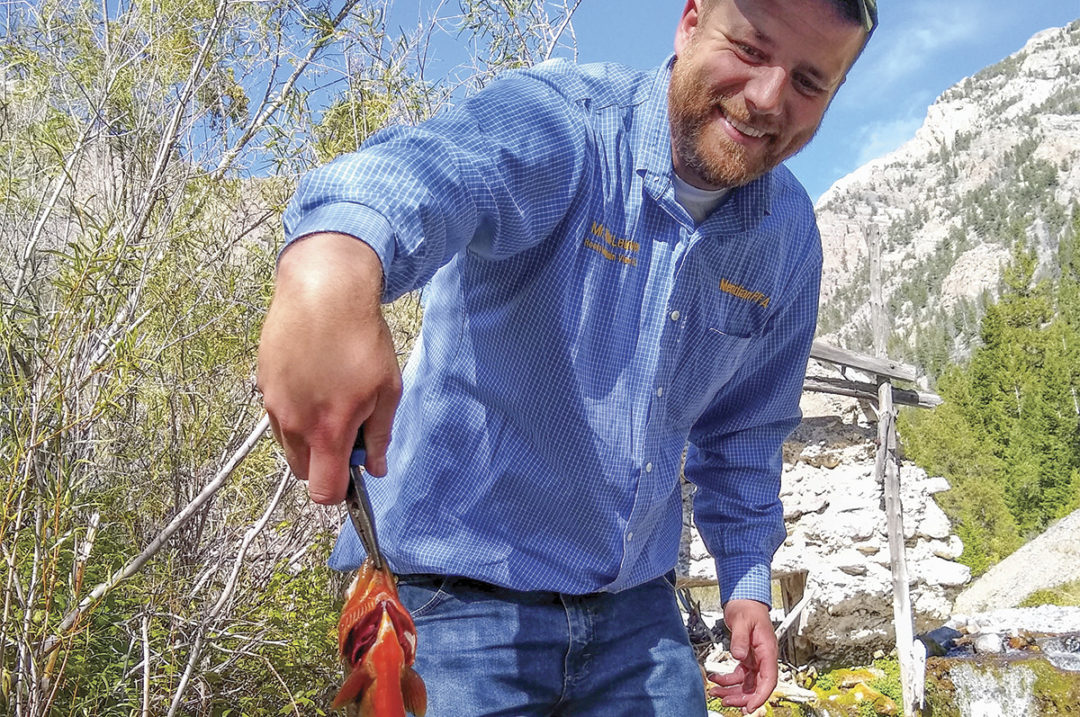
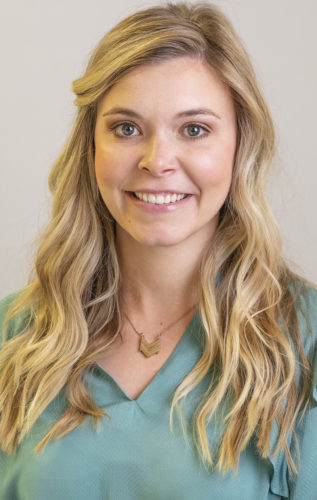

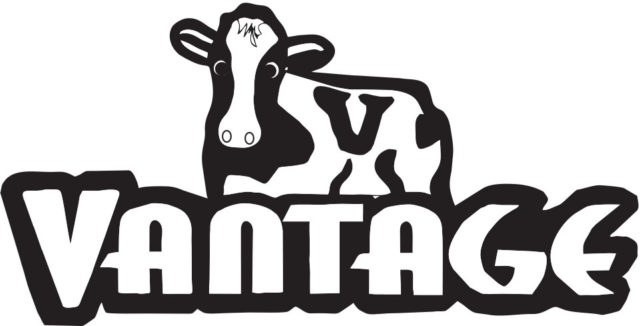
.jpg?t=1687979285&width=640)

